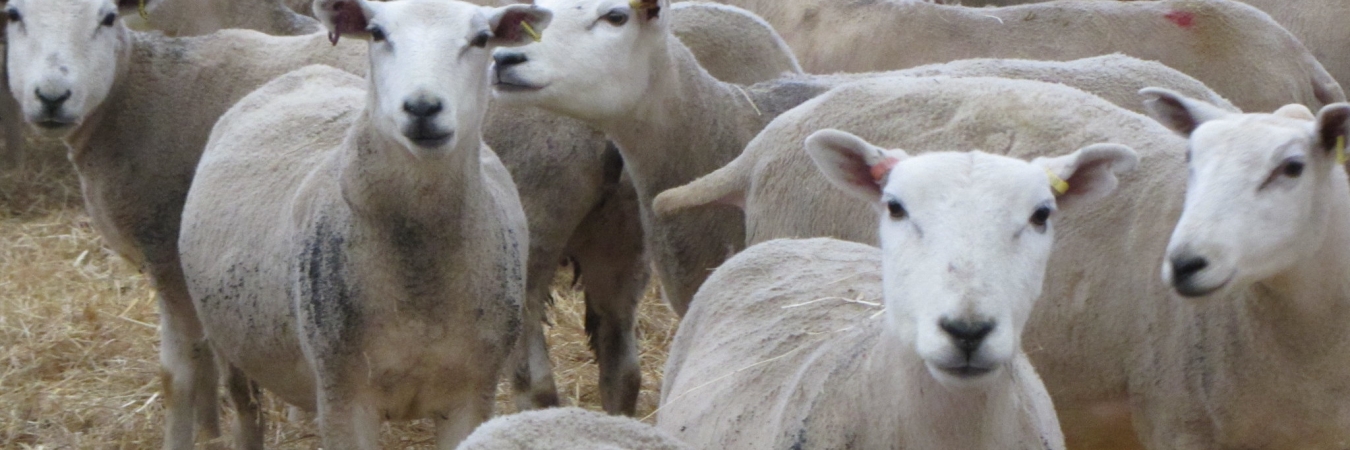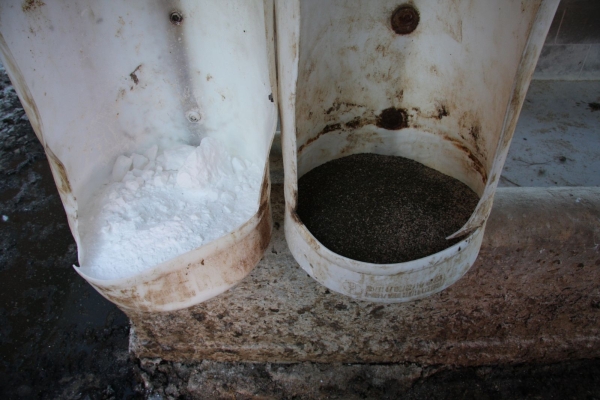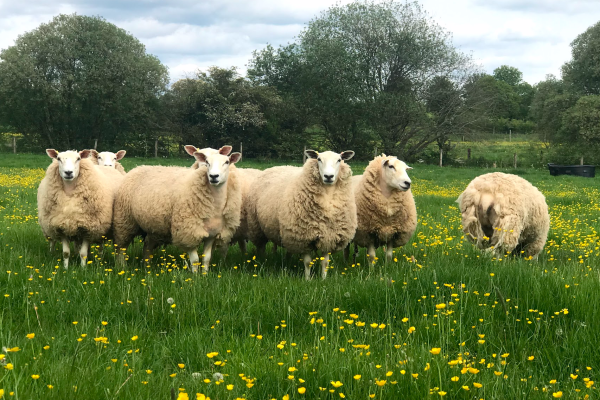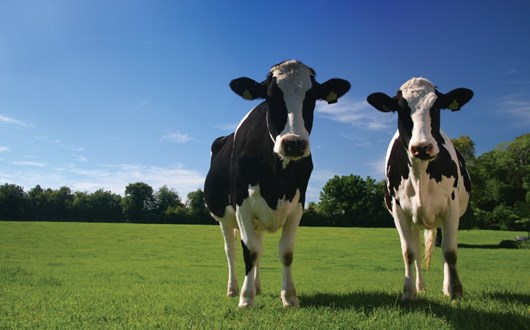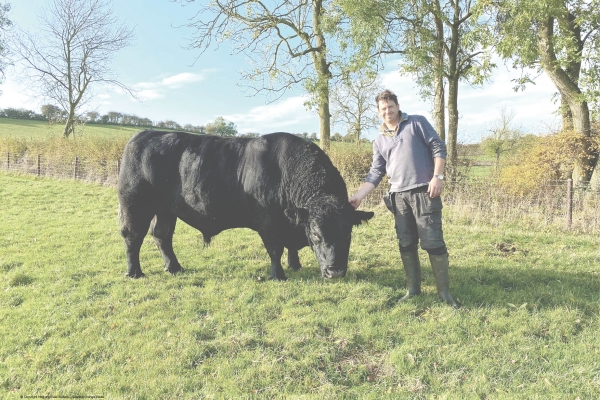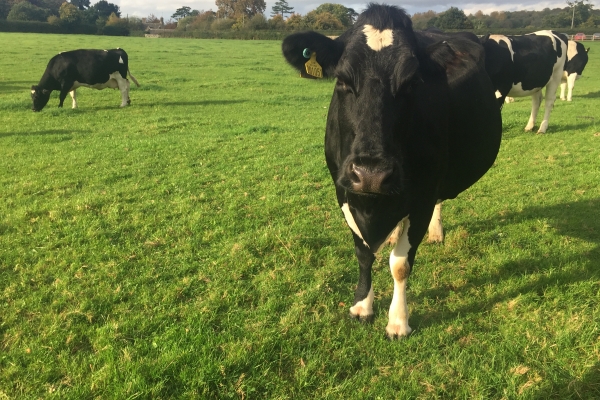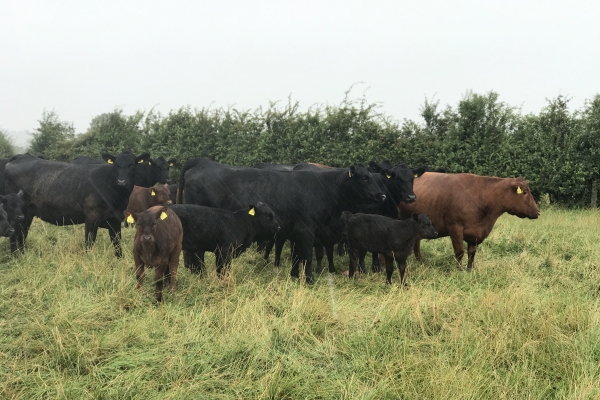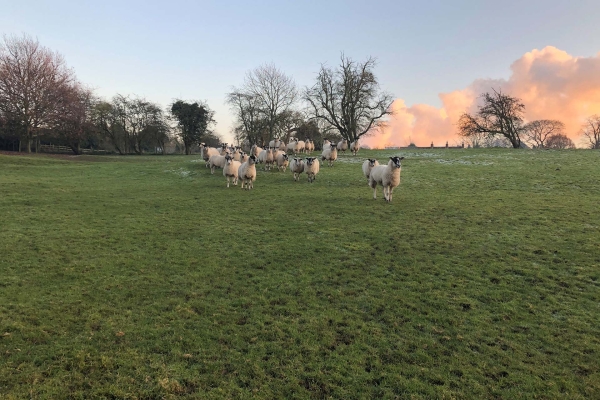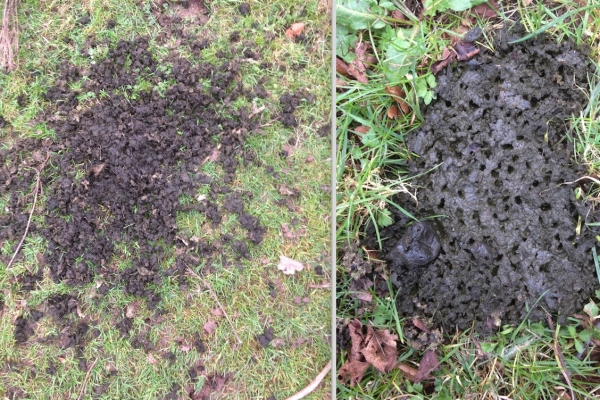Sustainable Control of Parasites in Sheep (SCOPS)
Resource explained
Better and more targeted parasite control in sheep (based on monitoring and improved knowledge) can lead to improvements in flock health and performance. This is the website for Sustainable Control of Parasites in Sheep (SCOPS), an industry-led group. They formed to “develop sustainable strategies for parasite control in sheep, facilitate and oversee the delivery of these recommendations to the industry and ensure that new research and development is incorporated to refine and improve advice given to the sheep industry.”
The SCOPS website is the main conduit of advice from the group. It includes: Parasite descriptions; information to help you diagnose ectoparasites and endoparasites; guidance to help you control them; parasite risk alerts; guidance to detecting anthelmintic resistance and slowing the progress of resistance in your flock; an overview of available wormers and their target species; correct treatment and quarantine guidance; Faecal Egg Count (FEC) monitoring methods; and farm case studies.
*It includes a link to the new 2020 online version of the Internal parasite technical manual*
Findings & recommendations
- It is important to respond to increasing resistance to wormer products before it is too late.
- The effects of all groups of wormers available on the market may be lost if we continue to treat worms unsustainably.
- Strategic wormer use in combination with other management practices will prolong the efficacy of wormers.
- Use the Nematodirus Forecast and other alerts (accessible on this website) for guidance of when to treat your sheep.
- Know your enemy; increasing your knowledge of worm life-cycles and characteristics will help you treat your sheep more effectively.
- Make sure you quarantine incoming sheep effectively so you do not buy in resistant worms.
- Carry out FECs to monitor what is there and whether or not your treatment has been effective.
- Reduce your use of wormers through understanding ewe immunity; your sheep may not need treatment.
- Avoid moving treated animals on to clean pasture; they will only take resistant worms with them.
- Look for rams that have been bred to have resistance to worms.
- Consider bio-active forages: chicory, sainfoin and birdsfoot trefoil have been shown to reduce the negative effects of parasitism.
- Feed stock adequate protein to boost their immunity.
- Use immune stock and cattle to ‘hoover’ up worms.
